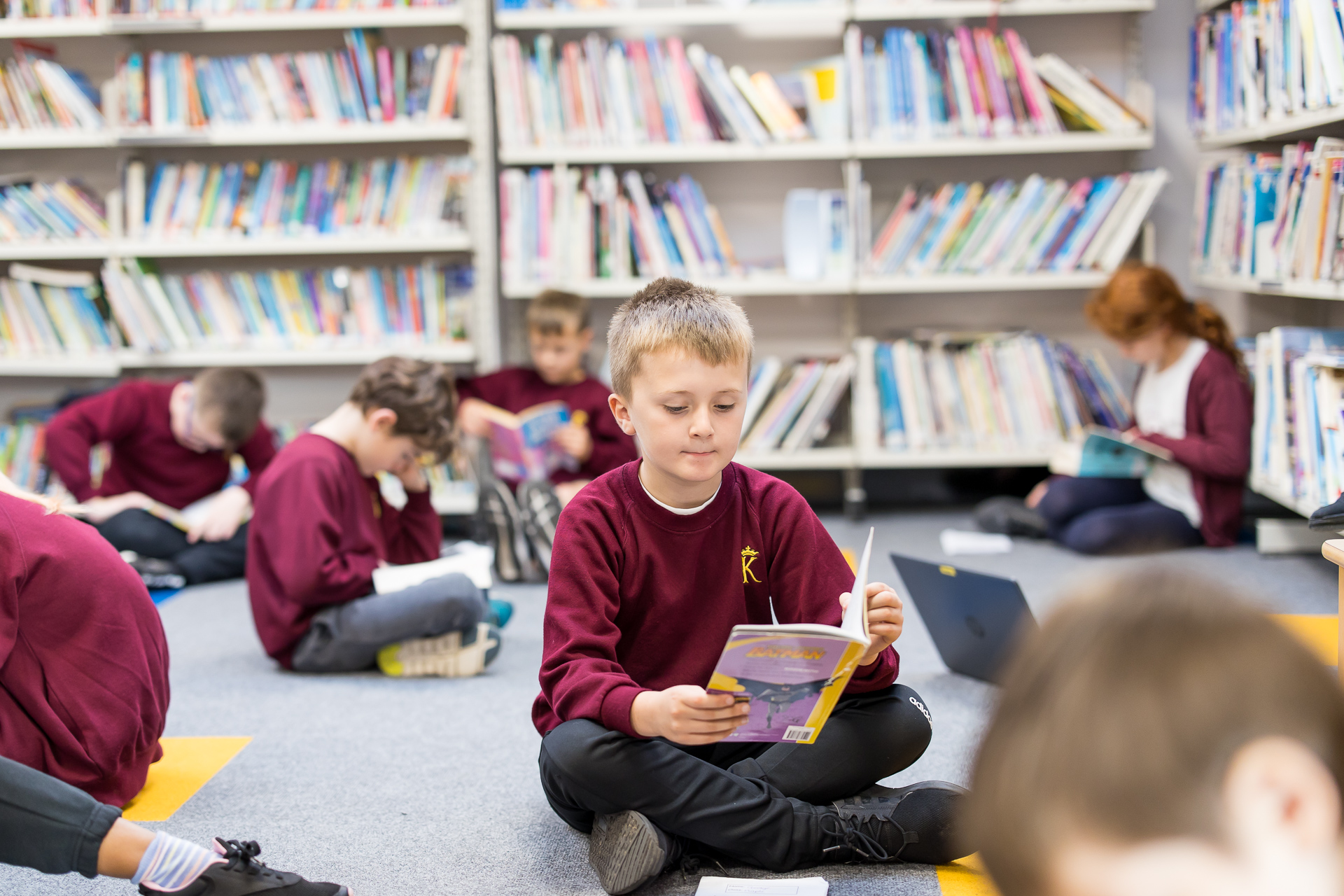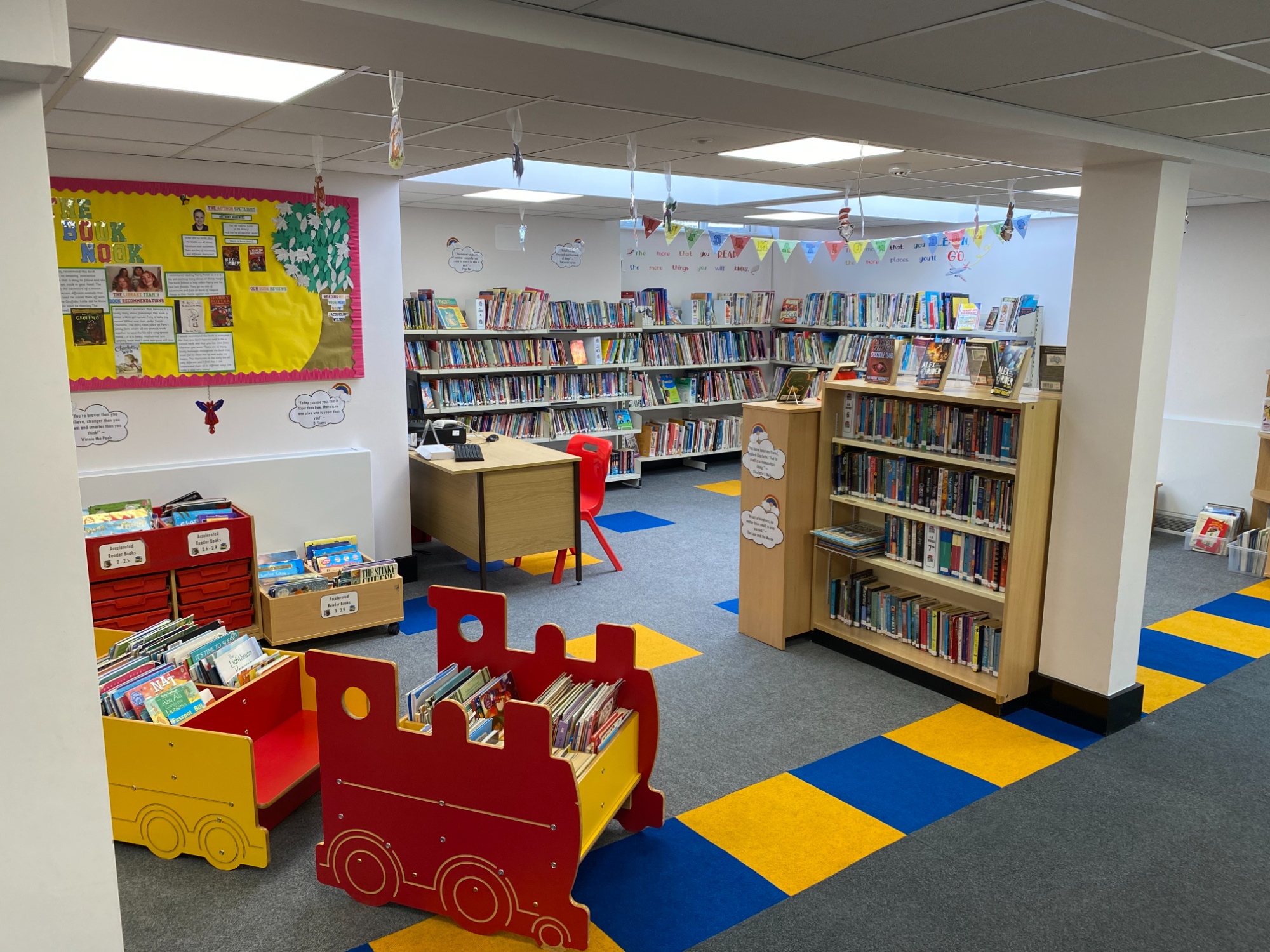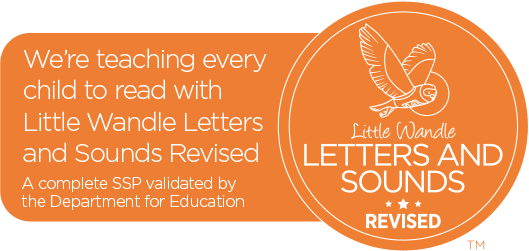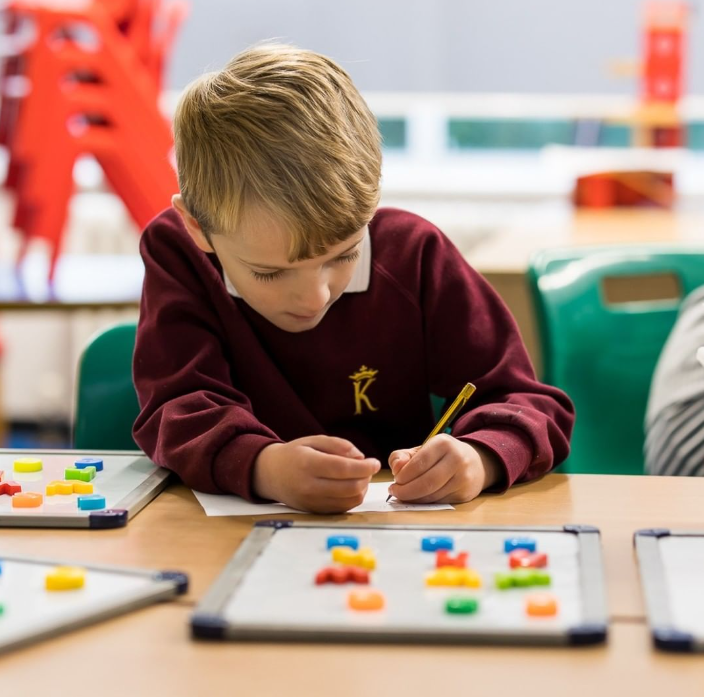Reading across the school
Reading is at the heart of our curriculum
There is a strong focus on cultivating a love for reading where learners become fluent through phonics and develop an understanding of reading for pleasure throughout school. We aim to develop not only reading skills but also a genuine appreciation for diverse text types, fostering independent choices in reading for both pleasure and purpose. Our curriculum exposes learners to a variety of themes, characters, vocabulary, and global settings.
Have a look at our diverse and high-quality Books and Opportunities for Reading covered in each phase below:
We value reading as it is essential for all curriculum areas; it has academic, social and emotional benefits and can improve children's life chances.
At our school, we believe that reading is the key to unlocking a world of imagination, knowledge, and lifelong learning. Once children complete their phonics journey (typically from Year 2 onwards), they begin using Accelerated Reader — a programme designed to nurture confident, independent readers while helping teachers track progress and provide support.

Accelerated Reader
What is Accelerated Reader?
Accelerated Reader (AR) is a reading programme that encourages children to read books at their own level and pace. Here’s how it works:
- Finding the Right Book:
Each child takes a short quiz to determine their ZPD (Zone of Proximal Development) — this helps them choose books that are challenging but not frustrating, ensuring a positive reading experience. - Our Wonderful Library:
We are incredibly proud of our wonderfully refurbished library, which has been carefully tailored to meet all ZPD ranges. Children can explore a fantastic selection of fiction and a great range of non-fiction books that spark curiosity and develop a love for learning. There’s truly something for everyone! - Reading Independently:
Children select books from their ZPD range and enjoy reading at their own pace. Whether they enjoy adventure stories, mysteries, or learning about fascinating real-world topics, our library has them covered. - Quizzing for Understanding:
After finishing a book, children take a short online quiz to check their comprehension. These quizzes provide valuable insights for teachers, helping to monitor each child’s progress and offer tailored support. These quizzes go towards the target of points for your child’s AR reading target each half term. - Celebrating Success:
As children read more, they accumulate points and work towards personal goals. We celebrate achievements regularly to motivate and inspire a love for reading.
Link to AR book finder to search if a book at home is on AR and is quizzable: https://www.arbookfind.co.uk/
How We Celebrate Reading
At our school, we love to recognise and reward our readers! Every fortnight in assembly, we track and celebrate:
- Who in the school has read the most words
- Who has quizzed on the most books and passed
- When children have read 250 000 words in Key Stage 1 and 500 000, 1 million, 2 million words and more...
- EYFS: Who has read 5 times a week and is written in a reading record
If children meet their individual reading targets by the end of the half-term, they enjoy a well-deserved extra playtime and are celebrated both in class and during assembly. It’s our way of acknowledging the hard work and dedication our students put into their reading.
Reading at Home
Parents and children play a vital role in building strong reading habits. We ask families to log every reading session in the child’s Reading Record, aiming for at least five times a week. This partnership between school and home helps children grow as readers while fostering a lifelong love of books.
Our Wonderful School library
Throughout the school day, pupils have access to the library so they can choose their books, talk about their books and read for pleasure.

Early Reading and Phonics
To become fluent readers, we teach early reading through Little Wandle Letters and Sounds Revised. This is a systematic and synthetic phonics programme that is taught in Early Years and Year 1 - as well as children in Year 2 or above who require additional phonics teaching. You can find out more about this programme by clicking on their website here.

The Teaching of Phonics and Early Reading
To read more about the teaching of phonics and early reading click here.
At Kingsham, we teach phonics for 30 minutes a day. Each Friday, we review the week’s teaching to help children become fluent readers. We follow the Little Wandle Letters and Sounds Revised expectations of progress:
- Children in Reception are taught to read and spell words using Phase 2 and 3 GPCs, and words with adjacent consonants (Phase 4) with fluency and accuracy.
- Children in Year 1 review Phase 3 and 4 and are taught to read and spell words using Phase 5 GPCs with fluency and accuracy.
Any child who needs additional practice has daily 'Keep-up' support, taught by a trained adult. Keep-up lessons match the structure of class teaching, and use the same procedures, resources and mantras, but in smaller steps with more repetition, so that every child secures their learning.
Rapid catch-up phonics lessons are used for any child in Year 2 or 3 who is not fully fluent at reading or has not passed the Phonics screening check. These children urgently need to catch up, so the gap between themselves and their peers does not widen. We use the Little Wandle Letters and Sounds Revised assessments to identify the gaps in their phonic knowledge.
Early Reading using phonics is also taught in EYFS and Year 1 through reading practice sessions three times a week. These are taught by a fully trained adult to small groups of approximately six children and use books matched to the children’s secure phonic knowledge using the Little Wandle Letters and Sounds Revised assessments.

